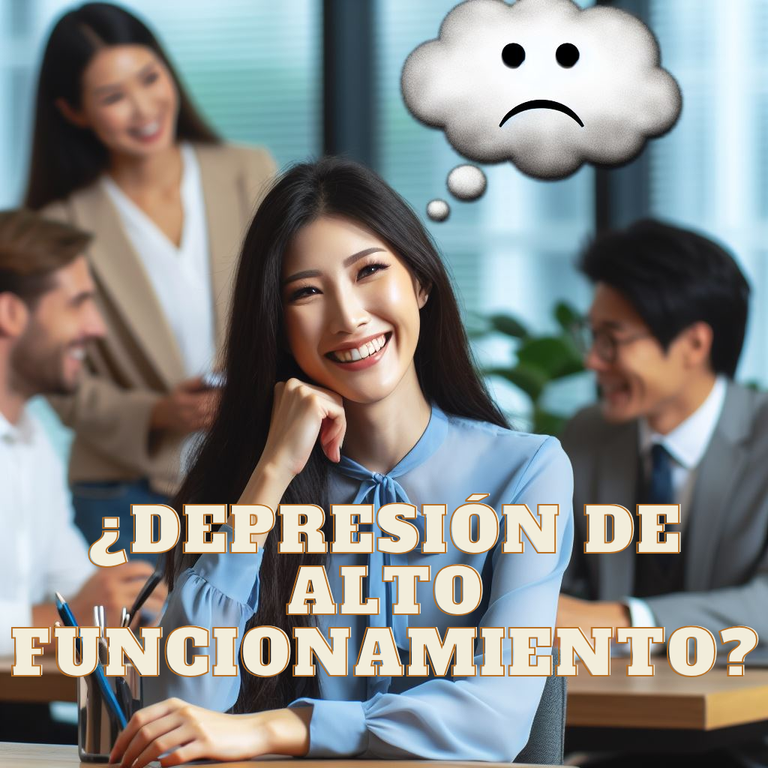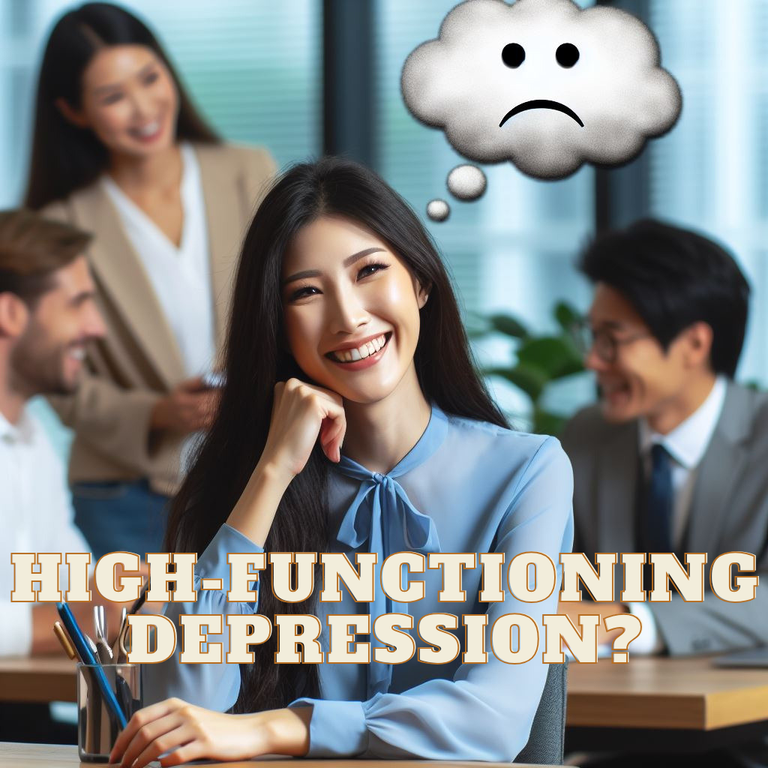
Una contextualización necesaria
Hablar de psicopatologías, o, de «enfermedades mentales» es muy complicado porque muy contrario al nombre con el que suelen denominarse, no son enteramente mentales ni se pueden enmarcar únicamente en lo biológico constitutivo de las personas. De hecho, esas mal llamadas enfermedades mentales tienen un fuerte componente social, tanto en la causa misma, como en el marco de referencia para ser consideradas enfermedades.
Por poner un ejemplo, hace apenas unos años atrás la homosexualidad era considerada una enfermedad y por consiguiente, contaba con sus tratamientos hoy bastante cuestionables desde el punto de vista ético. Sin embargo, en la actualidad con el avance social y científico técnico que se ha llevado a cabo, esto ya no es así, lo cual apunta a que lo que hoy conocemos por enfermedades no lo sean tanto, y más aún si tenemos en cuenta que la psicopatologización de la vida cotidiana tiene detrás a una industria farmacéutica a la que le interesa que esto siga siendo así para vender sus psicofármacos.
Además, es importante tener en cuenta el factor político detrás de quienes dicen qué es sano y qué no lo es; todo este entramado de la salud-enfermedad responde en parte a los intereses de una clase en el poder. Resulta curioso que el chamán que tiempos atrás era considerado una figura de autoridad por tener alucinaciones y delirios, hoy es considerado peyorativamente como alguien loco.
La depresión de alto funcionamiento
Estamos acostumbrados a imaginarnos a alguien deprimido como una persona que siempre se la pasa llorando, que no sale de la cama, que no tiene vida social, que vive con un inmenso pesar, que es incapaz de valerse por sí misma, que no trabaja, etc. Pero esto no es casual, porque existen marcos referenciales desde la clínica que determinan cada categoría diagnóstica. Por tanto, si la persona no cumple con los criterios diagnósticos, pues no está «enferma». Lo que pasa es que, como decía anteriormente, las enfermedades tienen un fuerte componente social y no solo se trata de que la persona se sienta enferma, sino también que sea reconocida como enferma por la sociedad, y sabemos que la sociedad cambia con el paso del tiempo.
Hoy no sufrimos de la misma manera ni por las mismas causas que sufríamos hace cincuenta años atrás, porque las condiciones objetivas y subjetivas con las que vivimos no son las mismas. Es así que, si comparamos a una persona con depresión de hoy con una de años atrás, veremos que no son similares empezando porque no se trata de la misma persona, ni de la misma forma de experimentar el padecimiento, ni de las mismas exigencias de sus respectivos entornos, ni del mismo contexto, ni las mismas redes sociales, etc.
Si nos ponemos a pensar, ¿cuántas veces no hemos sabido de personas que deciden terminar con su vida cuando, al menos en apariencia, parecieran llevar una vida perfectamente «normal» y funcional? Y siempre, una persona que decide llegar a ese extremo, es una persona que sufre, pero si además es una persona que fue capaz de cumplir efectivamente con las exigencias de su entorno, se tiene que tratar de una persona que tuvo que sufrir muchísimo para sobreponerse a su malestar.

La depresión de alto funcionamiento, -o distimia crónica como la denominan algunos-, está ahí donde tenemos a una persona que ha sido capaz de lograr éxito a lo largo de su vida, pero que ello no le impide lidiar con un profundo sufrimiento. Es esta una de las principales razones por las cuales sea tan difícil detectar la depresión en estas personas y emprender acciones al respecto. Aquí dejo la experiencia narrada por una persona con este padecimiento.
Estas personas diariamente tienen que lidiar con altas cargas de ansiedad y angustia, pero paradójicamente es esto lo que les catapulta a ser altamente funcionales como una forma de huida ante el dolor, lo cual si observamos a la larga, es inefectivo porque de no afrontar oportunamente dicho sufrimiento, llega un momento en el que es insoportable. Además, al llevar vidas altamente funcionales, se olvidan de dedicarse tiempos de disfrute y ocio, que, aunque igualmente inefectivos por la incapacidad de la persona de encontrar satisfacción, generan a su vez situaciones depresógenas como cansancio físico y emocional, sensación de soledad, aislamiento...
Son personas que pudieran considerarse perfeccionistas y muy exigentes consigo mismas, pues es la necesidad de cumplir con las exigencias del entorno las que las mantiene funcionales, ya que, de lo contrario, chocarían con el sufrimiento doblemente agudizado, porque además de sufrir, sufrirían por no ser eficientes en su vida diaria. Sin embargo, es tanto el vacío que sienten que nada es suficiente para llenarlo, y es así que aunque cumplan con todo, seguirán sintiendo que no son suficientes.
Unas conclusiones igual de necesarias
Debemos despegarnos de los prejuicios y estereotipos asociados a los «trastornos mentales» que nos llevan a asociar a las personas que los padecen con personas inadaptadas, ineficientes o disfuncionales. Estos lastres sociales son los que dificultan que una persona con depresión de alto funcionamiento se abra a contar su experiencia y busque ayuda, pues, además, al poder sostener una vida funcional no se sienten con el derecho de admitir su propio sufrimiento porque no se identifican con el estigma anteriormente descrito. Al fin y al cabo, ¿cómo se concibe que una persona capaz de trabajar, hacer chistes, reír y salir con sus amistades padezca de depresión?
Cualquier persona independientemente de su nivel cultural, clase social, edad, género, raza o territorio, es propensa a padecer depresión porque solamente la persona que sufre, es la única capaz de determinar las causas de su sufrimiento, porque es la única que lo experimenta en carne propia. Juzgar desde estándares propios la realidad subjetiva de los demás nunca será justo.
English version

A necessary contextualisation
Talking about psychopathologies, or "mental illnesses" is very complicated because, contrary to the name with which they are usually called, they are not entirely mental nor can they be framed solely in terms of the biological constitutive of people. In fact, these misnamed mental illnesses have a strong social component, both in the cause itself and in the frame of reference for being considered illnesses.
For example, only a few years ago, homosexuality was considered an illness and therefore had its own treatments, which are nowadays quite questionable from an ethical point of view. However, nowadays, with the social and scientific technical progress that has been made, this is no longer the case, which suggests that what we know today as illnesses are not so much so, and even more so if we take into account that the psychopathologisation of everyday life is backed by a pharmaceutical industry that is interested in keeping it that way in order to sell its psychopharmaceuticals.
Furthermore, it is important to take into account the political factor behind those who say what is healthy and what is not; this whole health-illness web responds in part to the interests of a class in power. It is curious that the shaman who was once considered an authority figure for having hallucinations and delusions is now pejoratively regarded as a madman.
High-functioning depression
We are used to imagining someone who is depressed as a person who is always crying, who does not get out of bed, who has no social life, who lives with immense grief, who is incapable of fending for himself, who does not work, etc. But this is not by chance, because there are clinical reference frameworks that determine each diagnostic category. Therefore, if the person does not meet the diagnostic criteria, they are not "ill". What happens is that, as I said before, illnesses have a strong social component and it is not only a question of the person feeling ill, but also of being recognised as ill by society, and we know that society changes over time.
Today we do not suffer in the same way and for the same reasons as we did fifty years ago, because the objective and subjective conditions in which we live are not the same. Thus, if we compare a person with depression today with a person from years ago, we will see that they are not similar, starting because they are not the same person, nor the same way of experiencing the condition, nor the same demands of their respective environments, nor the same context, nor the same social networks, etc.
If we think about it, how many times have we not heard of people who decide to end their lives when, at least in appearance, they seem to lead a perfectly "normal" and functional life? And always, a person who decides to go to that extreme is a person who suffers, but if it is also a person who was able to effectively meet the demands of his or her environment, it must be a person who had to suffer a lot to overcome his or her discomfort.

High-functioning depression, or chronic dysthymia as some call it, is where you have a person who has been able to achieve success throughout their life, but this does not prevent them from dealing with profound suffering. This is one of the main reasons why it is so difficult to detect depression in these people and to take action. Here I leave the experience narrated by a person with this condition.
These people have to deal with high levels of anxiety and distress on a daily basis, but paradoxically it is this that catapults them to be highly functional as a form of escape from pain, which if we look at the long term, is ineffective because if we do not deal with this suffering in a timely manner, there comes a time when it becomes unbearable. Furthermore, by leading highly functional lives, they forget to dedicate time to enjoyment and leisure, which, although equally ineffective due to the person's inability to find satisfaction, in turn generates depressogenic situations such as physical and emotional tiredness, feelings of loneliness, isolation...
These are people who could be considered perfectionists and very demanding of themselves, as it is the need to comply with the demands of the environment that keeps them functional, otherwise they would collide with doubly acute suffering, because in addition to suffering, they would suffer for not being efficient in their daily lives. However, the emptiness they feel is so great that nothing is enough to fill it, and so even if they fulfil everything, they will continue to feel that they are not enough.
Some equally necessary conclusions
We need to move away from the prejudices and stereotypes associated with "mental disorders" that lead us to associate sufferers with maladjusted, inefficient or dysfunctional people. It is these social burdens that make it difficult for a person with high-functioning depression to open up about their experience and seek help, because, in addition, being able to sustain a functional life, they do not feel entitled to admit their own suffering because they do not identify with the stigma described above. After all, how is it conceivable that a person who is able to work, make jokes, laugh and go out with friends could suffer from depression?
Anyone, regardless of cultural level, social class, age, gender, race or territory, is prone to depression because only the person who suffers is able to determine the causes of their suffering, because they are the only ones who experience it firsthand. Judging the subjective reality of others by one's own standards will never be fair.

Créditos | Credits
Referencias de apoyo | Supporting references
Depresión de alta funcionalidad
Depresión de alta funcionalidad: la otra cara de la “gente normal”
Cómo es vivir con depresión de alto funcionamiento
Imágenes utilizadas | Images used
Todas las imágenes utilizadas son de mi propiedad y fueron generadas utilizando Copilot de Bing y editadas en Canva | All images used are my own property and were generated using Copilot from Bing and were edited using Canva.
Traducción | Translation
Te puede interesar | You may be interested in
Sigamos hablando del autocuidado | Let's keep talking about self-care [ES/EN]
¿Las media naranjas ruedan? | Does half oranges roll? [ES/EN]
¿Conoces el «porno» de productividad? | Do you know about productivity "porn"? [ES/EN]
Juventud conectada: forjando identidades | Connected youth: forging identities [ES/EN]
Sígueme en mis redes sociales | Follow me on my social media platforms
|X|
|LinkedIn|